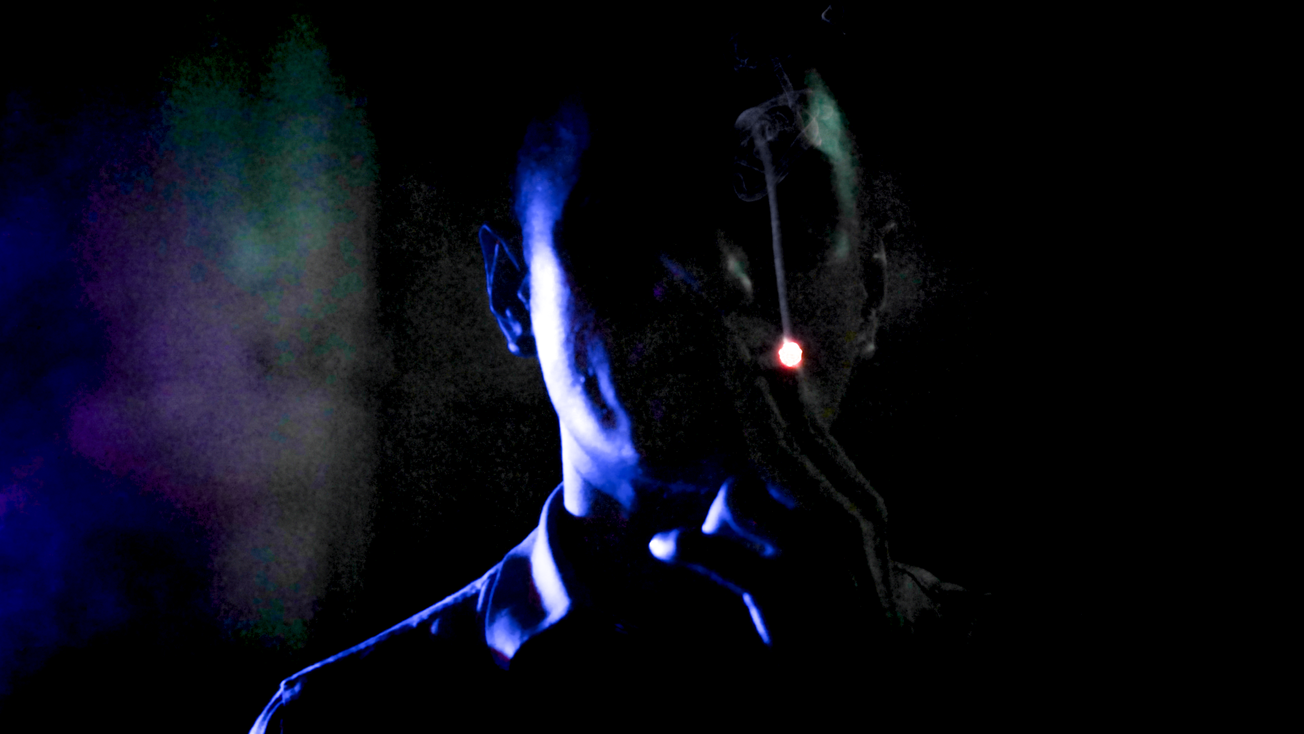Keywords: True crime, Serial killer, Investigation, Police procedure, Ethics, British crime, Documentary, Steve Fulcher, Christopher Halliwell. Three Words: 'Gripping', 'Disturbing', 'Thought-provoking'
Introduction
The documentary "How To Catch A Serial Killer" is a chilling dive into the dark world of criminal investigation. Directed by John Holdsworth and released in 2018, it offers a grim exploration of the life-changing investigation led by Detective Steve Fulcher to capture serial killer Christopher Halliwell.
Synopsis
Detective Steve Fulcher's relentless pursuit of justice led to the capture of serial killer Christopher Halliwell in England. However, the same investigation brought Fulcher's career to an abrupt end, as he faced severe backlash for bending rules and ethical standards in his quest for justice.
More Film Analysis
Analysis
The documentary presents a complex mix of Fulcher's dedication, Halliwell's heinous crimes, and the strict procedural rules that govern police investigations. The film's style is straightforward and hard-hitting, focusing on the details of the investigation and the subsequent fallout.
Historical and Factual Context
Detective Steve Fulcher's investigation into the disappearance of Sian O'Callaghan in 2011 led him to serial killer Christopher Halliwell. The documentary highlights the strict procedures that police must follow and the consequences when those lines are crossed.
Key themes in the film
- The thin line between ethical standards and achieving justice
- The harsh realities of police investigations
- The personal cost of dedication and commitment
Film Comparisons
The documentary can be compared to others such as "The Confession Killer" and "The Jinx: The Life and Deaths of Robert Durst", as it explores the mind of a serial killer and the investigation that led to his capture.
Noteworthy Moments
The moment when Detective Fulcher decides to bend the rules to extract a confession from Halliwell is a turning point in the film. It signifies a moral dilemma that ultimately leads to his downfall.
Reviews
The documentary has an IMDB score of 6.1, suggesting a mixed reception. Viewers praised the film for its gripping narrative, while some criticized it for its portrayal of police procedures.
Conclusion
"How To Catch A Serial Killer" offers a thought-provoking look at the ethical dilemmas faced by police investigators. Those interested in true crime, ethics, and law enforcement will find this documentary particularly enlightening.
More film information:
FILM SUMMARY
- IMDB score: 6.1
- Rotten Tomatoes score: N/A
- Metacritic score: N/A
- Film festival awards: N/A
PERSONALITIES
- Steve Fulcher: The dedicated detective whose career ends following this case.
- Christopher Halliwell: The serial killer captured by Fulcher's investigation.
LOCATIONS
- England: The investigation takes place here.
Key Questions Raised by the Film:
- Was Detective Fulcher right in bending the rules to catch the serial killer?
- How should ethical standards be maintained in high-stakes criminal investigations?
- What are the personal costs of such investigations?
Links for Further Exploration:
I wonder what the film would be in another art form



- If this film was a famous book, it would be "In Cold Blood" by Truman Capote, for its chilling exploration of a real-life murder case.
- If this film was a famous song, it would be "Every Breath You Take" by The Police, reflecting the persistent pursuit of justice.
- If this film was a famous piece of art, it would be "The Scream" by Edvard Munch, symbolizing the horror and despair in the face of such crimes.
- If this film was a famous celebrity, it would be David Tennant, known for his roles in crime dramas.
- If this film was a color, it would be dark blue, representing the gloom and mystery surrounding the case.
- If this film was a music style, it would be suspenseful orchestral music, reflecting the tense and dramatic atmosphere of the documentary.








